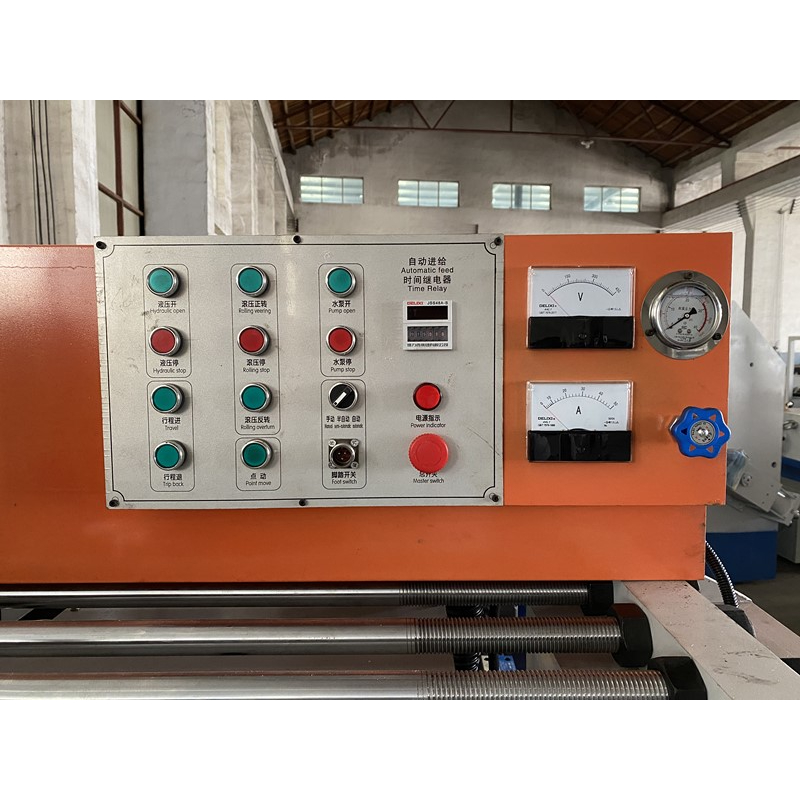
-
 Afrikaans
Afrikaans -
 Albanian
Albanian -
 Amharic
Amharic -
 Arabic
Arabic -
 Armenian
Armenian -
 Azerbaijani
Azerbaijani -
 Basque
Basque -
 Belarusian
Belarusian -
 Bengali
Bengali -
 Bosnian
Bosnian -
 Bulgarian
Bulgarian -
 Catalan
Catalan -
 Cebuano
Cebuano -
 Corsican
Corsican -
 Croatian
Croatian -
 Czech
Czech -
 Danish
Danish -
 Dutch
Dutch -
 English
English -
 Esperanto
Esperanto -
 Estonian
Estonian -
 Finnish
Finnish -
 French
French -
 Frisian
Frisian -
 Galician
Galician -
 Georgian
Georgian -
 German
German -
 Greek
Greek -
 Gujarati
Gujarati -
 Haitian Creole
Haitian Creole -
 hausa
hausa -
 hawaiian
hawaiian -
 Hebrew
Hebrew -
 Hindi
Hindi -
 Miao
Miao -
 Hungarian
Hungarian -
 Icelandic
Icelandic -
 igbo
igbo -
 Indonesian
Indonesian -
 irish
irish -
 Italian
Italian -
 Japanese
Japanese -
 Javanese
Javanese -
 Kannada
Kannada -
 kazakh
kazakh -
 Khmer
Khmer -
 Rwandese
Rwandese -
 Korean
Korean -
 Kurdish
Kurdish -
 Kyrgyz
Kyrgyz -
 Lao
Lao -
 Latin
Latin -
 Latvian
Latvian -
 Lithuanian
Lithuanian -
 Luxembourgish
Luxembourgish -
 Macedonian
Macedonian -
 Malgashi
Malgashi -
 Malay
Malay -
 Malayalam
Malayalam -
 Maltese
Maltese -
 Maori
Maori -
 Marathi
Marathi -
 Mongolian
Mongolian -
 Myanmar
Myanmar -
 Nepali
Nepali -
 Norwegian
Norwegian -
 Norwegian
Norwegian -
 Occitan
Occitan -
 Pashto
Pashto -
 Persian
Persian -
 Polish
Polish -
 Portuguese
Portuguese -
 Punjabi
Punjabi -
 Romanian
Romanian -
 Russian
Russian -
 Samoan
Samoan -
 Scottish Gaelic
Scottish Gaelic -
 Serbian
Serbian -
 Sesotho
Sesotho -
 Shona
Shona -
 Sindhi
Sindhi -
 Sinhala
Sinhala -
 Slovak
Slovak -
 Slovenian
Slovenian -
 Somali
Somali -
 Spanish
Spanish -
 Sundanese
Sundanese -
 Swahili
Swahili -
 Swedish
Swedish -
 Tagalog
Tagalog -
 Tajik
Tajik -
 Tamil
Tamil -
 Tatar
Tatar -
 Telugu
Telugu -
 Thai
Thai -
 Turkish
Turkish -
 Turkmen
Turkmen -
 Ukrainian
Ukrainian -
 Urdu
Urdu -
 Uighur
Uighur -
 Uzbek
Uzbek -
 Vietnamese
Vietnamese -
 Welsh
Welsh -
 Bantu
Bantu -
 Yiddish
Yiddish -
 Yoruba
Yoruba -
 Zulu
Zulu
Innovative Circular Thread Rolling Machines for Enhanced Precision and Efficiency in Manufacturing Processes
The Advancements and Applications of Circular Thread Rolling Machines
In modern manufacturing, precision and efficiency are pivotal for meeting the ever-growing demands for quality products. One innovative solution that has emerged is the circular thread rolling machine. This specialized equipment has revolutionized the process of creating threaded components, enhancing production capabilities across various industries.
Circular thread rolling machines employ a unique process known as cold forming. This technique involves deforming the material into desired shapes without melting it. The benefits of cold forming are numerous; it increases the strength of the material due to strain hardening, improves the surface finish, and minimizes material waste. As manufacturers focus on sustainability and cost-effectiveness, the advantages offered by circular thread rolling processes cannot be overlooked.
The basic principle behind circular thread rolling is relatively simple. Workpieces, typically cylindrical in shape, are subjected to pressure from two rotating dies that impose the thread profile onto the material as it rolls through the machine. This not only creates intricate threads but does so with high precision and consistent quality. Unlike traditional methods such as cutting or machining, thread rolling can produce threads that have a tighter tolerance, fewer defects, and enhanced properties.
One of the primary applications of circular thread rolling machines is in the production of fasteners, a critical component in various industries including automotive, aerospace, and construction. Bolts, screws, and nuts are just a few examples of threaded parts that benefit from this manufacturing process. The demand for high-strength, lightweight fasteners has led to an increase in the use of advanced materials such as titanium and high-strength alloys. Circular thread rolling machines adapt well to these materials, enabling manufacturers to meet stringent performance requirements.
circular thread rolling machine product

In addition to fasteners, circular thread rolling machines are also used to produce specialized components in the defense and medical industries. For instance, surgical instruments often require precise threading for assembly and functionality. The ability to produce these threads with a high degree of accuracy is essential for ensuring the safety and reliability of medical devices. Furthermore, in the defense sector, where equipment must withstand extreme conditions, the robustness provided by rolled threads can be crucial.
The technological advancements in circular thread rolling machines have also made them more user-friendly and efficient. Features such as computerized controls, automatic feeding systems, and integrated quality control mechanisms have streamlined the production process. Operators can easily set parameters and monitor the machine's performance, which reduces downtime and increases overall productivity. Moreover, advancements in die-making technology have led to longer-lasting and more durable dies, further enhancing the efficiency and effectiveness of these machines.
However, like any technology, circular thread rolling machines also face their challenges. Maintaining the quality of the rolled threads requires regular maintenance and skilled operators who understand the intricacies of the process. Additionally, while the initial investment in high-quality rolling machines can be significant, the long-term savings due to reduced material waste and enhanced production speed often outweigh these costs.
In conclusion, circular thread rolling machines play a crucial role in modern manufacturing by providing efficient and precise ways to produce threaded components. As industries continue to evolve and innovate, the demand for these machines will likely grow. Their ability to create high-strength, precise threads across various materials enables manufacturers to meet the rigorous standards of today's market. By investing in this technology, businesses not only enhance their manufacturing processes but also position themselves favorably in a competitive landscape. As we look to the future, the circular thread rolling machine stands as a testament to the potential of engineering advancements in improving product quality and efficiency.
